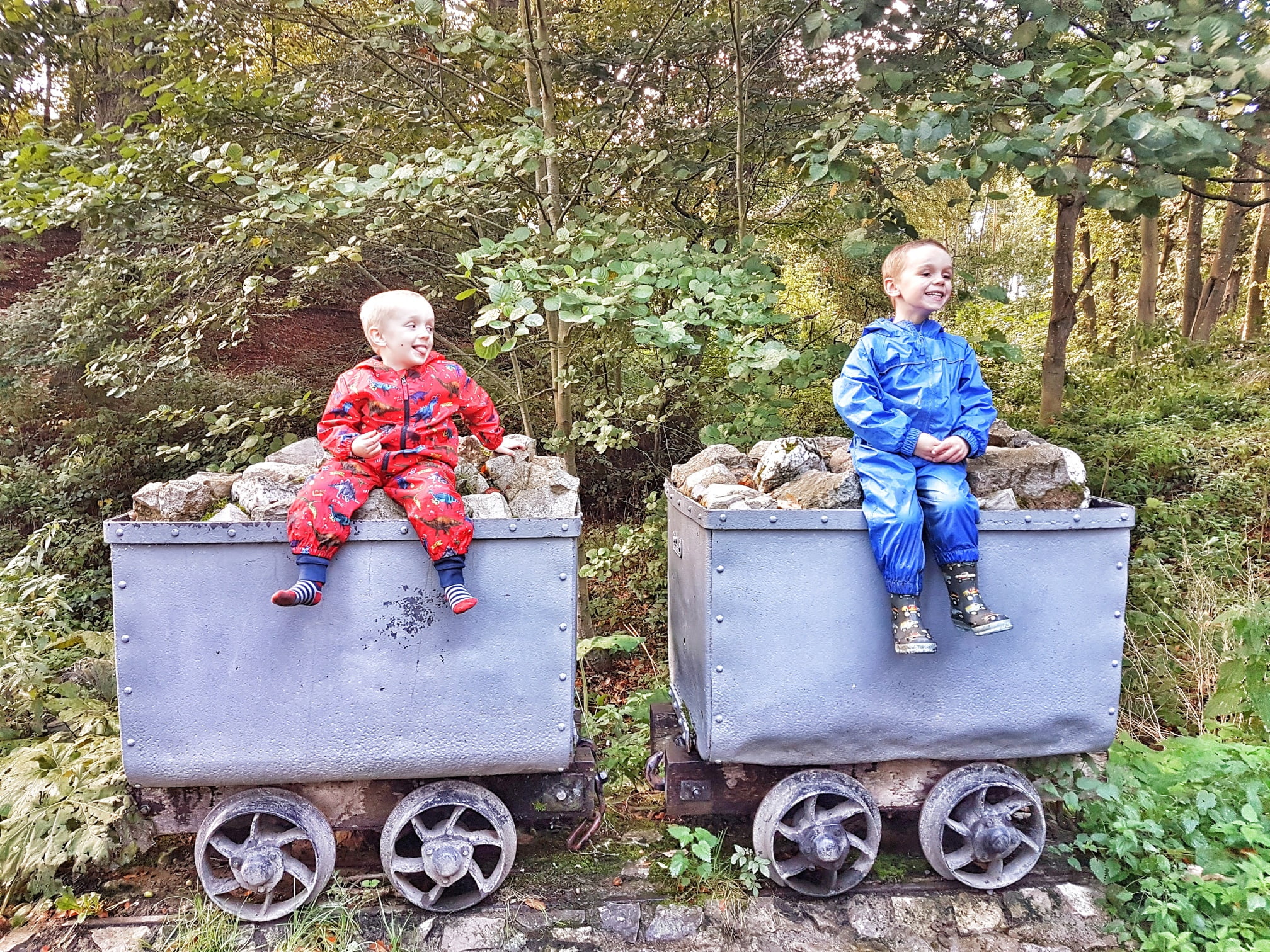Work-life balance – one of those phrases we hear a lot these days. Companies use this to try an entice people to work for them, employers use the phrase to get that stamp of approval from Investors in People, and so many of us search for it.
How much do you think about the ways you work and how you balance the different commitments in your life?
Work takes up a large slice of our time, but it has to fit around family and social life – and returning to work after having a baby can present some challenges, particularly if you are in a senior position with a ton of responsibility and/or in a job where work-life balance is not supported.
My daughter was five months old when I first went back to work full time. Whilst I was confident in the nursery I had chosen and she was well looked after, the guilt for me was huge. I struggled that my role was narrowed down to giving her breakfast and getting her dressed at the start of the day and bathing her and putting her to bed at night. Everything she did in the day I missed. At the same time I wanted to work and needed to.
For many new parents, there are a spectrum of emotions to contend with, from excitement and nerves, to feelings of guilt and dislocation. So, if you’re a new mum or dad preparing to return to work, you may want to think about putting practices into place to ensure a smooth transition.
Consider all your options, think about the impact of your choices on yourself and other family members and do you best to make it work as best you can. Embrace the hustle, rather than fighting against it, otherwise you tend to cause yourself unnecessary stress.
If your job was high stress, long hours or draining before you had a baby, the chances are you are panicking how you can return to that and take care of a small human at the same time. It can be daunting, and juggling family and work life is complicated, but it can be done.
Plan ahead
As much as you might be looking forward to your maternity leave and not wanting to think about what happens when you return to work, you can save yourself some stress by planning ahead. Before your departure from work, make sure important tasks are handed over to a trusted colleague, get your emails under control and try and get a feel for where things will be at when you return.
The first time I returned to work, literally nothing had changed or moved on and no one had progressed my projects during my absence, which meant that my first few weeks back were particularly horrendous.
Keep-in-Touch (KIT) days are a great way to maintain contact with whoever has been left in charge in your absence and provide you with updates on how things are progressing and any issues or challenges. Make sure you take advantage of these. You can spread these out over the duration of your leave without feeling like it compromises on the quality of time spent with family, while also helping you to keep your finger on the pulse.
If your place of work offers it, you could consider a staggered return, where you return to work on a reduced basis, for example two days a week for a month before increasing your days. This could also help the transition back into the workplace.
Be careful what you agree to
Be careful what arrangements you agree to. Perhaps you or your employer has mentioned working from home partially. Whilst this might sound appealing, it’s not as easy as it sounds and it can significantly blur the lines between work and family. Remote working can be great for new parents, but the nature of the “always-on” culture in an increasingly-connected world means that workaholism can impact negatively family life.
When working from home, make sure you’re actually working. When you’re spending time together as a family, don’t give in to the temptation to check work emails. Expect the same from your colleagues as you would yourself, and the boundaries for everyone will be crystal clear.
Share the load
It’s easy to quickly fall into a routine where one parent is responsible for the daily drop off and pick up, meaning that person is under pressure each day to finish on time. That in itself can be so stressful.
I used to get constantly stuck in traffic or behind a tractor and be late to collect the children from nursery. Could your partner, a family member or close friend help each week or even a few times a month to help take the pressure off you? We don’t all have family living nearby, so close friendships and reciprocal arrangements with friends who have the same struggles can be hugely beneficial.
Don’t be afraid to ask for help, remember juggling last minute work deadlines with set pick up times from the child minder or nursery or school can be tricky and sometimes, you simply can’t do it all. If you still can’t make it work, then talk to your employer or HR to see if there are other arrangements or initiatives that you could take advantage of. Perhaps there is a way of you tweaking your hours to make it work for everyone.
Be flexible
A more flexible schedule – whether that entails reduced hours, working from home, or other arrangements – can help to provide a supportive framework for parents who need time to adjust to the twin pressures of work and family life.
If you’re in charge of supporting a colleague in their KIT days, try to empathise with their position – there may be a lot they feel they’ve missed, and even simple team bonding time can be much appreciated. Try to plan sessions thoughtfully and don’t treat them as an afterthought or casual meeting – think about what you’d want to know if you’d been away.
If you really think your previous working patterns can’t be continued with a child in tow, maternity leave is a great time to start making a new plan. Have you considered starting your own business or going freelance? So many parents (mums in particular) are choosing this option as a way to continue working and juggling family life.
After I had two children I decided that was the only option that would work for me. With four children now that is absolutely the case. Being my own boss affords me the flexibility to be where the children need me to be and juggle any appointments they may have. It also means if one of them is ill I don’t have to negotiate time off in the same way.
It’s absolutely not the easy option but it’s the best option for our family. If your current arrangements aren’t working for you, change something.







3 comments
Maintaining a healthy work-study balance is crucial to thriving in all aspects of life. You can do this with the aid of some hints. If you stick to them, you’ll be able to make better use of your time and energy and make more steady progress toward your objectives.